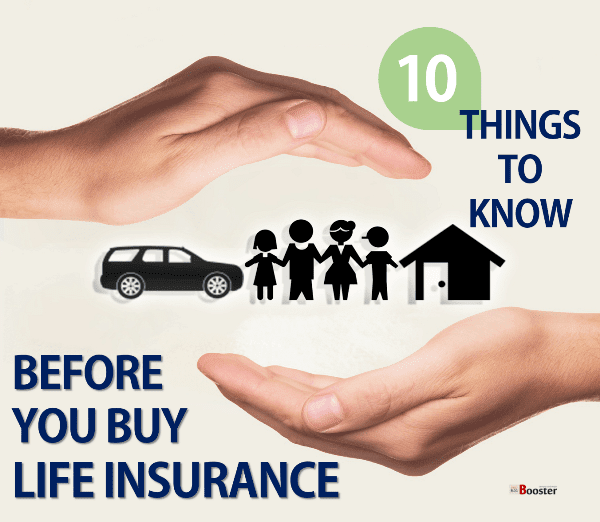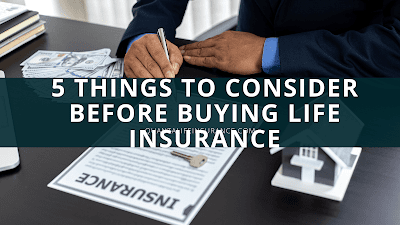Life insurance: Ten Points You Need to Know Before Buying.
Life insurance is a form of insurance that protects your family and property. It generally covers you in case of death or disability. As with any other kind of insurance, many things to consider before buying life insurance. The following points will help you decide whether or not to purchase life insurance:
1)- Liability insurance is a form of insurance that provides coverage to the person or company who will be responsible for a loss if it happens.
Liability insurance policies do not pay out benefits in case of injury or damage to property. It also covers other people when they are injured because they were in the company’s care, such as relatives and dependents, but only if the insurance covers the full loss.
2)- Term policies are insurance types that pay out only when you die and not if you become disabled or lose your property. They offer higher premiums compared to other forms of life insurance, so be sure the policy is right for you before buying any term policies.
3)- Property-only policies cover real estate and other assets, including those responsible.
4)- Defined benefit plans are the most common type of insurance most people use. They pay out a fixed benefit based on the employee’s contribution to the company. Plans with a defined contribution component add higher contributions to your income and greater flexibility.
5)- Deluxe plans are less popular but comparable to Group one policies; they provide more coverage and flexibility. You can also choose a Group one or Group two policy to combine coverage of both types.
6)- Variable life insurance policies are designed to pay out a set amount based on projected and actual income rather than lump sums. As a result, the policy owner’s risk is lower the more they earn, but the rate can increase throughout your life.
7)- Choice of coverages offers the most flexibility and can be traded for lower rates when rates go up.
8)- Options are a way to increase your coverage without going up in premium. Instead, you pay a cash value for your coverage on the same terms as a standard policy. I’ve seen some people take advantage of this by switching to an option and don’t pay the ‘uninsured’ premium.
9)- Choosing a pre-set retirement plan is a convenient way to cover your new lifestyle and help you save money when you retire. If you are self-employed, this could be an excellent option to access your pension to help fund your living cost or finance your long-term goals.
10)- Maximizing your out-of-pocket expenses may be the most effective way to achieve financial independence. I often compare our costs to a pinball machine and have found that, as a general rule, the more you spend on an expense item, the less you can afford in that category.



